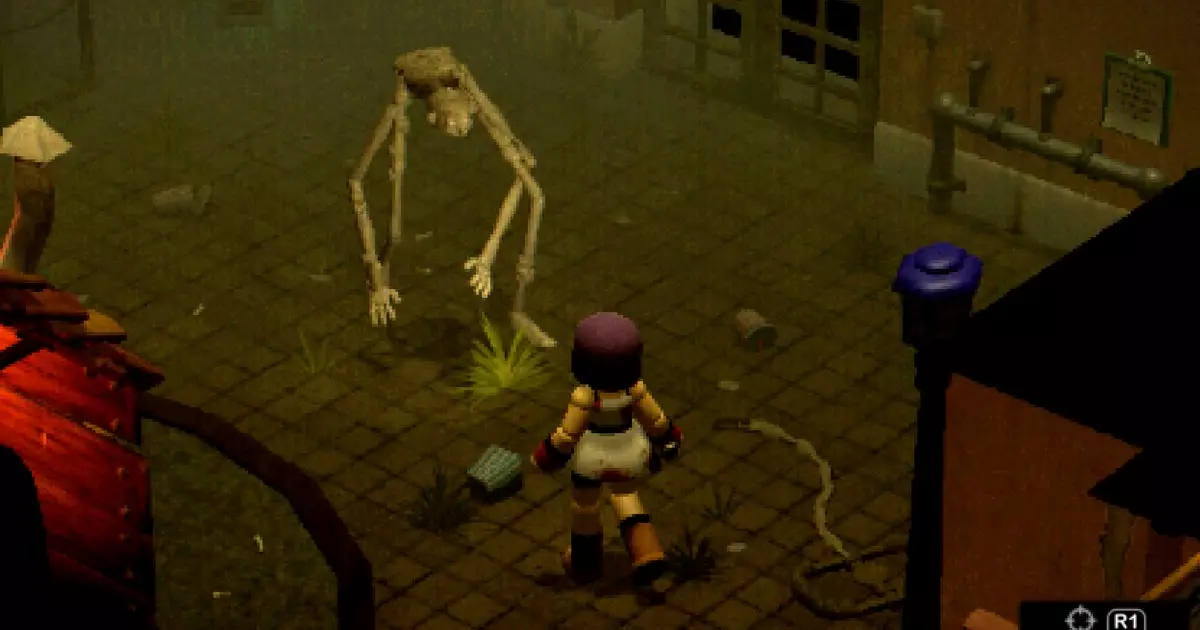The intersection between games that draw inspiration from sources outside of the gaming world and my personal interest is undeniable. Recently, I came across a fascinating thread where indie developers were sharing the non-game influences behind their projects. This trend sheds light on the diverse inspirations that shape the direction of these indie games, ranging from films and books to real-world events.
Indie Developers Unveil Their Inspirations
One notable example is Dan Martin, the mind behind the RPS Game Club pick, RPG Deathbulge: Battle Of The Bands. Martin openly shares that the iconic Peep Show and Big Mouth Billy Bass served as key influences for his project, showcasing the unique blend of pop culture references that inform indie game development.
Unique Inspirations Leading to Creative Ideas
Another standout project is Over Jump Rally, a Sega Rally homage with a distinct flair inspired by the Manga series Initial D. This fusion of gaming and manga elements exemplifies the innovative approach indie developers take when incorporating non-game influences into their work.
One of the most enriching aspects of this trend is the opportunity to uncover hidden gems within the indie gaming scene. For instance, Paleophage, a Dino Crisis homage, was not on my radar until now. This revelation highlights the diversity of influences that drive indie game development and the potential for unexpected discoveries in the gaming landscape.
Gloomy Juncture, a neo-noir adventure game inspired by iconic works such as Suspiria, Hitchcock, and Requiem For A Dream, showcases the broad range of genres and styles that indie developers draw inspiration from. This eclectic mix of influences contributes to the rich tapestry of indie games and offers players a unique and immersive gaming experience.
The exploration of non-game influences on indie game development opens up a world of creative possibilities and unique storytelling opportunities. By examining the diverse inspirations behind indie games, players can gain a deeper appreciation for the creativity and innovation that drives the indie gaming scene. As this trend continues to evolve, it will be exciting to see the innovative ways in which indie developers integrate non-game influences into their projects, pushing the boundaries of storytelling and gameplay in the gaming industry.


Leave a Reply